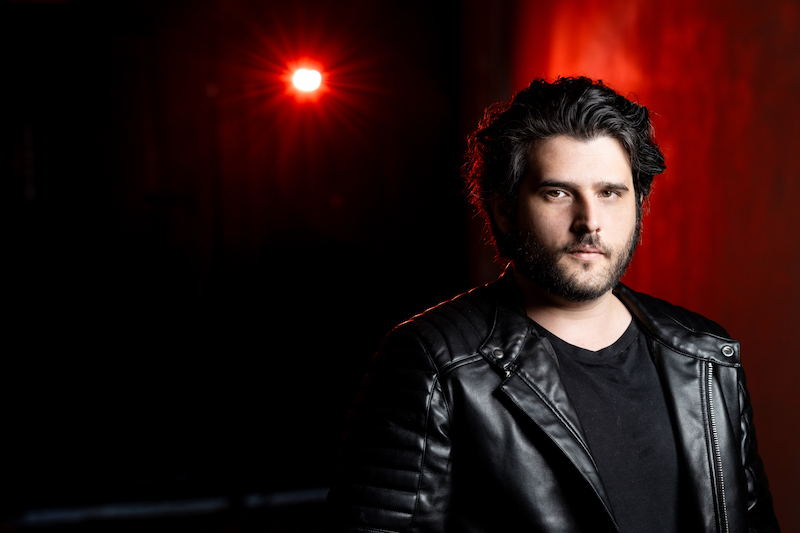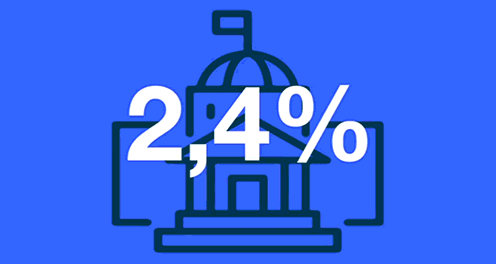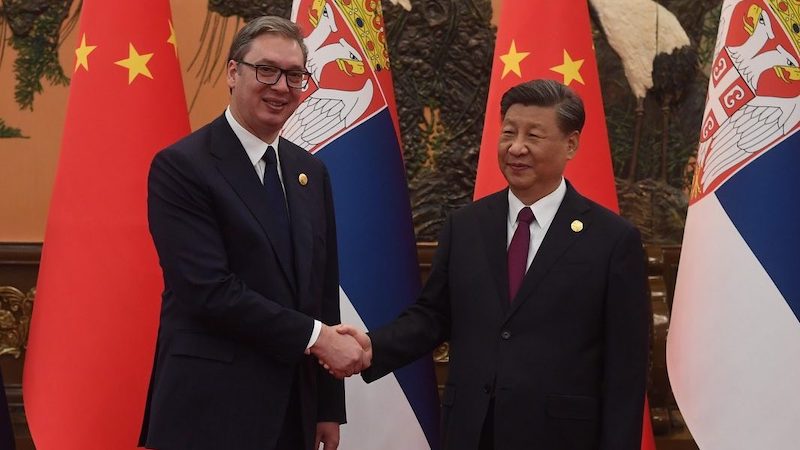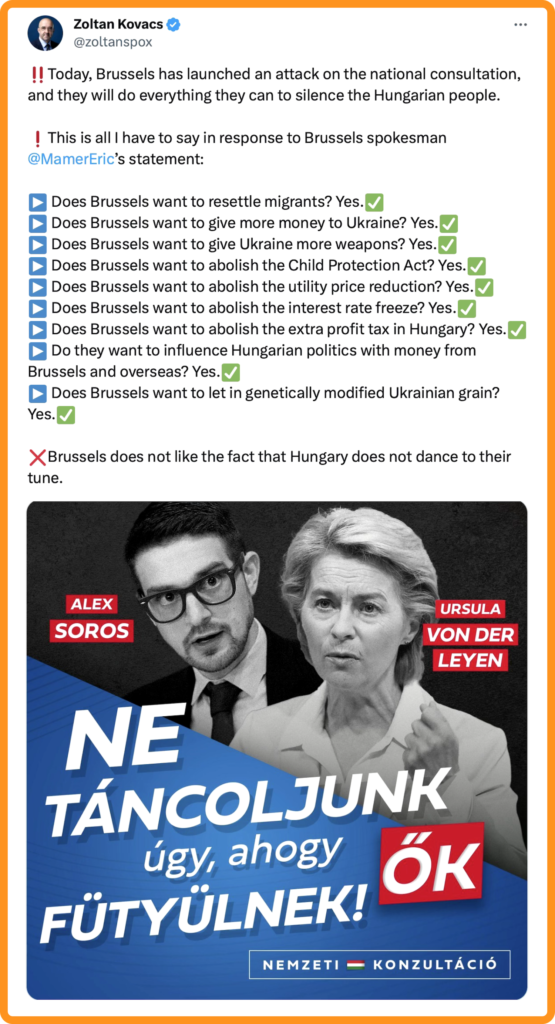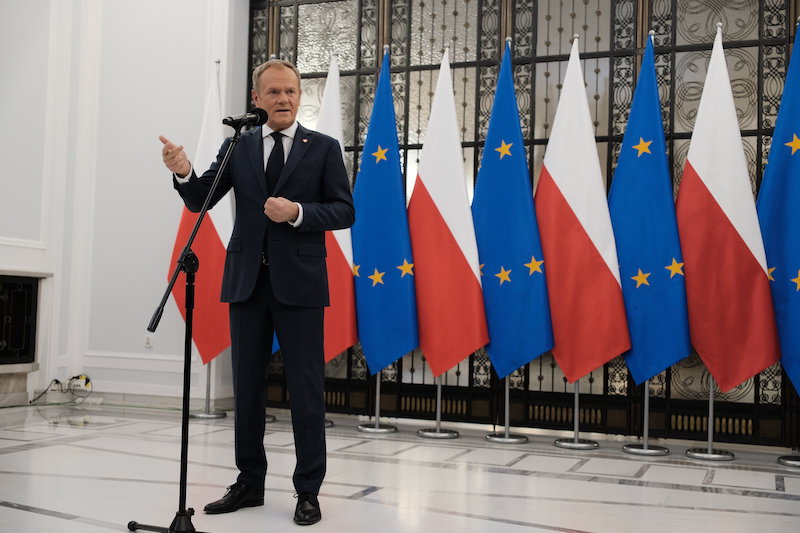Nicolas Quénel is a specialist in the intelligence services and disinformation wars. He has recently written Allo Paris? Ici Moscou, Plongée au cœur de la guerre de l’information (Hello, Paris? This is Moscow. A dive into the heart of the information war).
Is France particularly targeted by Russian influence operations?
Along with Germany, France is one of the EU member states most affected [by Russian influence ops], and has been for a long time. French authorities have been confoundingly naive in their dealings with Moscow. In 2006, President Jacques Chirac decorated Putin with the Grand Cross of the Legion of Honor [France’s highest distinction], and in 2011 President Nicolas Sarkozy signed a contract to deliver helicopter carriers to Russia while the Russian army was occupying northern Georgia. In 2017, the first thing Macron did once he was elected was to receive Putin at Versailles. Two years later, in a speech in France alongside the Russian president, he said that Russia was “profoundly European” and a “great Enlightenment power”. The obsession was to normalise relations with Moscow.
How do you explain the extent of Russian influence in France?
There are several historical reasons. The anti-Americanism of the French elite played a role, as did the presence of a long-standing and powerful French Communist party and the existence of a press that emphasised opinion articles and was therefore more permeable to Russian discourse.
But just recently, France was the subject of an interference operation probably directed by Russia…
That’s right, a Moldovan couple were paid to paint Stars of David on the walls of Paris to stir up trouble in French society, and Russian bot networks relayed the images. It was a low-cost operation, but it worked. The media covered it extensively before it became clear that it was a remote-controlled operation from abroad. Intelligence services are noticing a return to these modes of operation, reminiscent of those used during the Cold War. In 1960, the KGB did exactly the same thing in West Germany, painting swastikas on walls to suggest that Nazism was returning to Germany and to undermine Western confidence in their partner.


